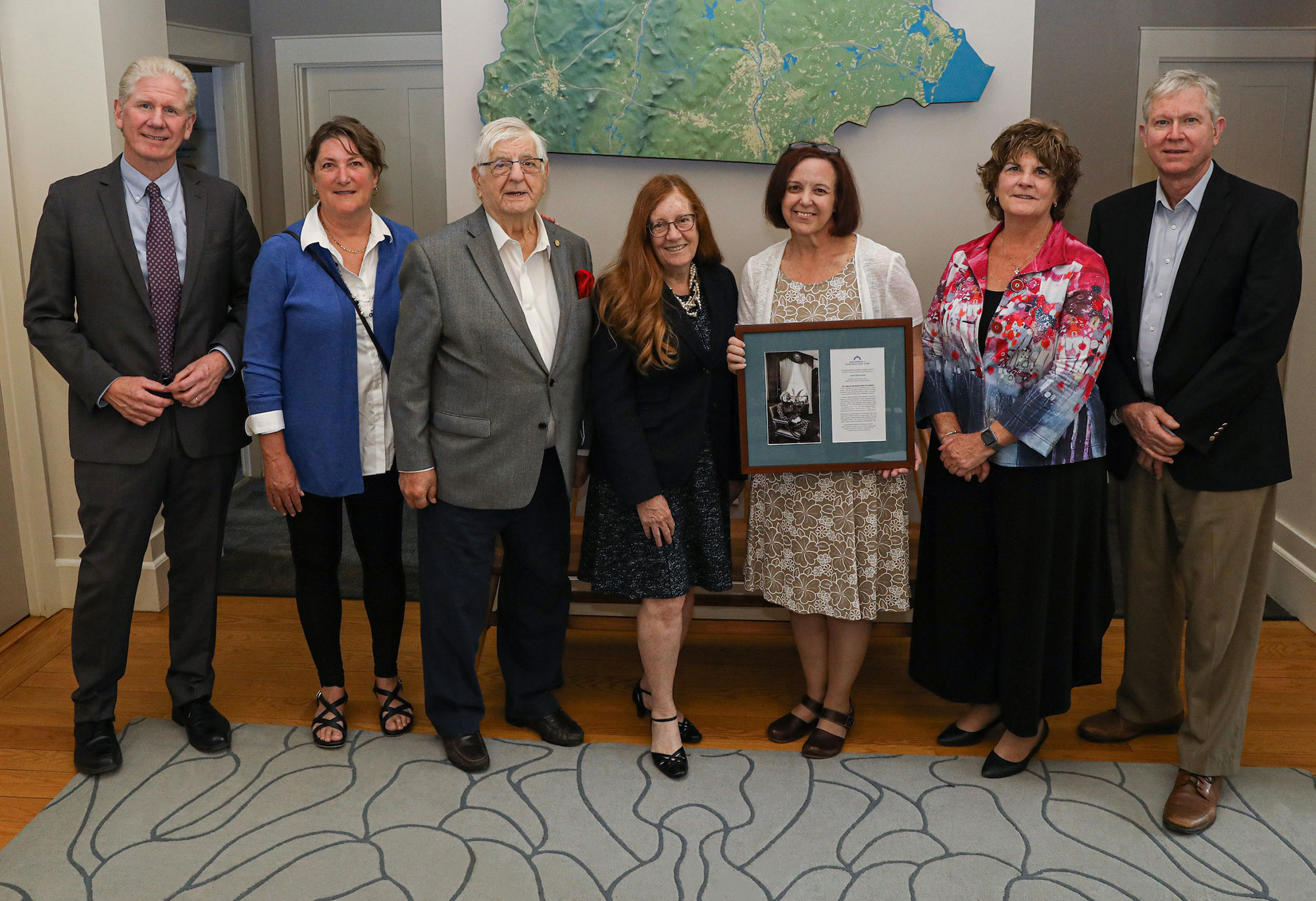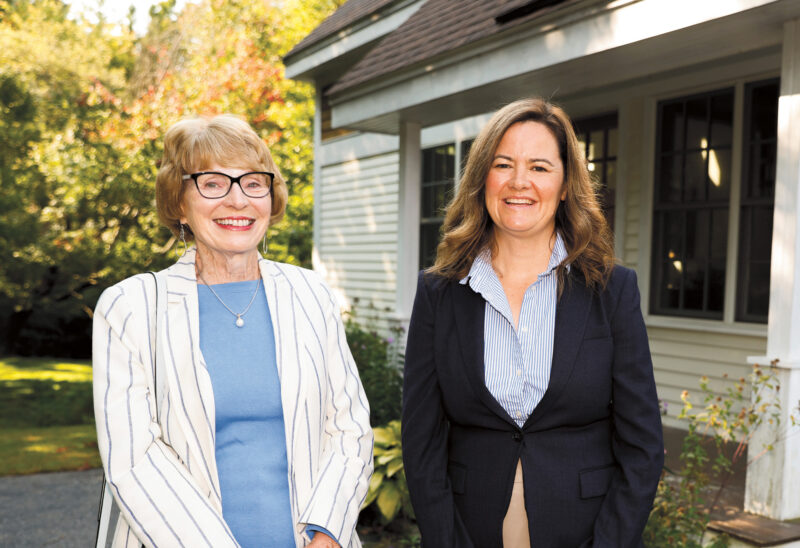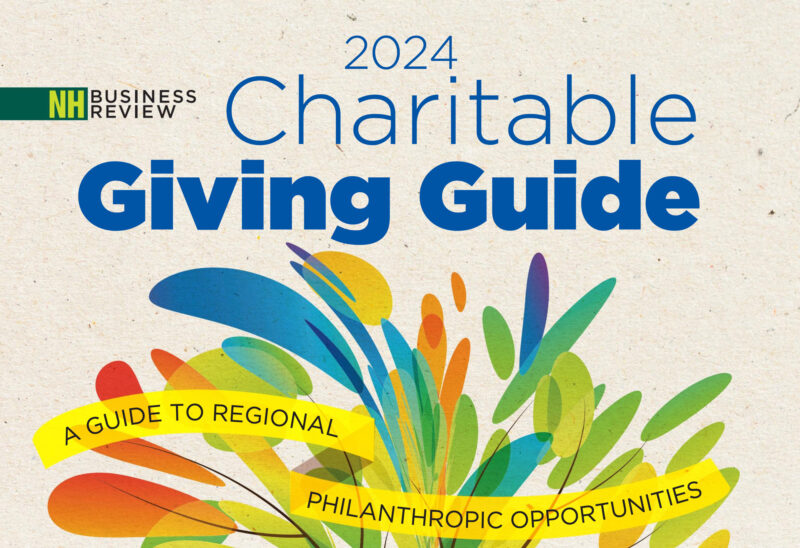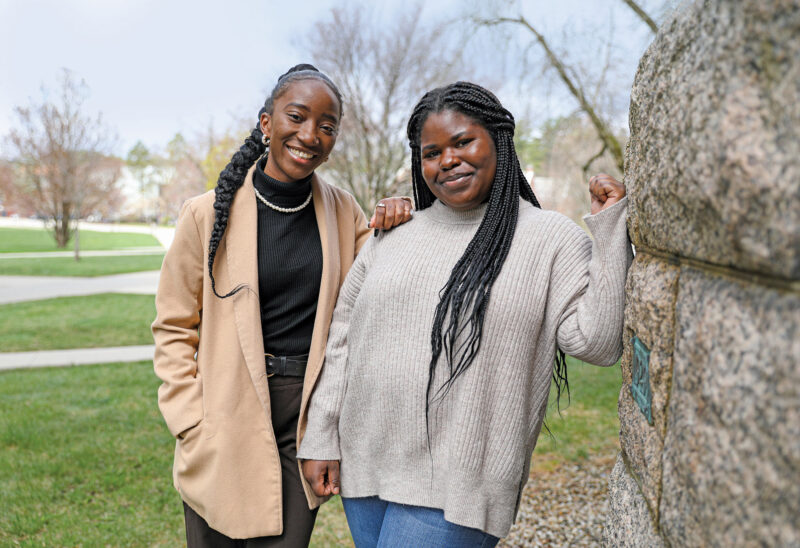Sheri Rockburn, assistant commissioner of New Hampshire’s Department of Administrative Services, is the 2023 recipient of the Caroline and Martin Gross Fellowship.
Through the fellowship, Rockburn will attend an intensive, three-week program this summer with public servants from around the world. She is excited about gaining fresh perspectives and renewed energy to reinforce the importance of public service to a new generation of state employees who then can embrace change and help her agency and the state better serve its residents.
“I was really lucky to have mentors who helped shape where I am today,” she said. “I want to look at the next generation workforce and say ‘This is why it’s important and I want to help you get there and be that mentor that someone was for me.’”
An important goal for her and her colleagues is to think about, she said, is “How can I make this better, not just for my work environment, but to the citizens I am providing services to?’”
Rockburn will study with like-minded public servants at the Senior Executives in State and Local Government program at Harvard University’s John F. Kennedy School of Government in July.
The fellowship, in its 29th year, was established in memory of the late New Hampshire House Majority Leader Caroline Gross and the late Concord Mayor Martin Gross to honor dedication to public service.
The New Hampshire Charitable Foundation awards the fellowship annually to an extraordinary elected or appointed official in state or local government who demonstrates leadership ability and the highest standards of performance in public service.
Rockburn is a Certified Public Accountant who has dedicated her career to public service. For more than 25 years, she has supported state and local organizations and decision-makers on budgeting, financial management, revenue forecasting and auditing.
She was appointed assistant commissioner in May 2022, helping oversee a department that is responsible for the fiscal control of the state. It manages and analyzes New Hampshire’s financial, administrative and operational functions, ranging from expense payments and revenue collection to purchasing and Information Technology as well as managing state buildings, payroll, benefits and health care plans.
“We’re the backbone, the skeleton of the entire state system,” she said.
Rockburn credits Administrative Services Commissioner Charles Arlinghaus with this description:
“We don’t run the Medicaid program, we don’t sell liquor, we’re not fixing the roads, but none of those people could do their jobs if we don’t do our job.”
Rockburn has earned a reputation of being able to translate complicated facts and figures into relevant information that legislators and state agencies need to make critical decisions about state budgets and programs. She also helps build consensus and trust among decision-makers in a political arena — not an easy task.
The key, she said, is providing information that is current, relevant, honest and separate from any politics that might be involved.
“The role is to assist them,” she said. “You don’t have to agree with their policy or what they are trying to achieve. Our job is to provide something that is useful for them. That gains the trust.”
Building trust is more challenging with today’s heightened skepticism that demands even more accountability from government as it balances a financial model that works for the government and those who rely on it. Rockburn said it’s a new reality that she anticipates exploring at the Harvard program.
“The people who are using the government are often your most vulnerable citizens that you are providing critical services to,” she said. “We want to give them comfort that what they are getting is reliable. You want to make sure that trust is embedded in your organization. That’s the challenge and the opportunity of the program.”
As assistant commissioner, Rockburn still has financial responsibilities, but because her duties have expanded, she looks forward to speaking with counterparts about approaches that include more than numbers.
“I want to be able to learn from them and branch outside of that financial lens to look at that broader perspective,” she said.
A broader perspective includes exploring the challenge of recruiting more government employees amid workforce shortages and a mindset in which many think of public sector employment as a shorter-term financial goal, not a destination career.
“I want to change that destination back to being a valued public servant,” she said.










![Oluwakemi Olokunboyo of Dover received a McNabb scholarship to study nursing at Great Bay Community College [Photo by Cheryl Senter]](https://www.nhcf.org/wp-content/uploads/2024/05/Scholarship-Hero-800x548.jpg)
![Indrika Arnold, Senior Wealth Advisor, the Colony Group [Photo by Cheryl Senter]](https://www.nhcf.org/wp-content/uploads/2024/05/Indrika-Arnold-Hero-800x534.jpg)



![Charitable Foundation President Dick Ober [Photo by Cheryl Senter]](https://www.nhcf.org/wp-content/uploads/2023/12/dick-ober-purpose-fall-winter-2023-800x548.jpg)



